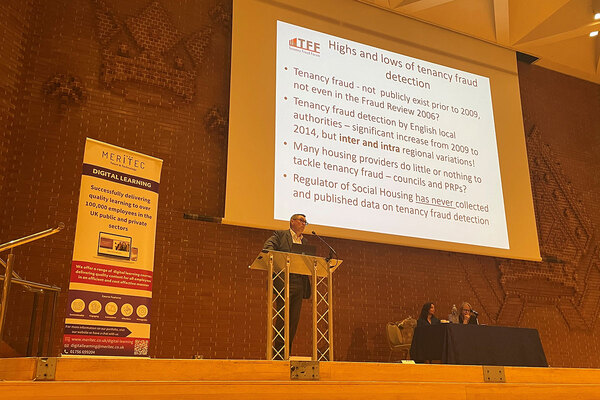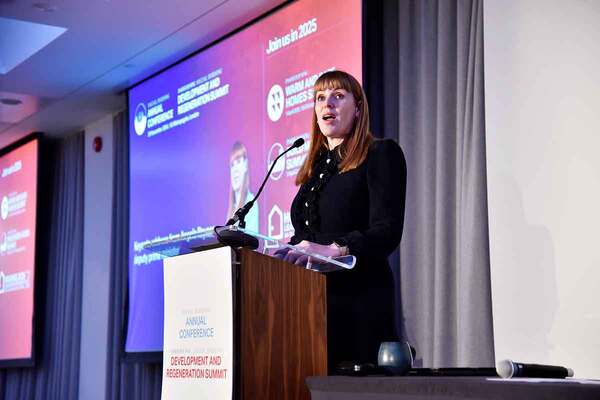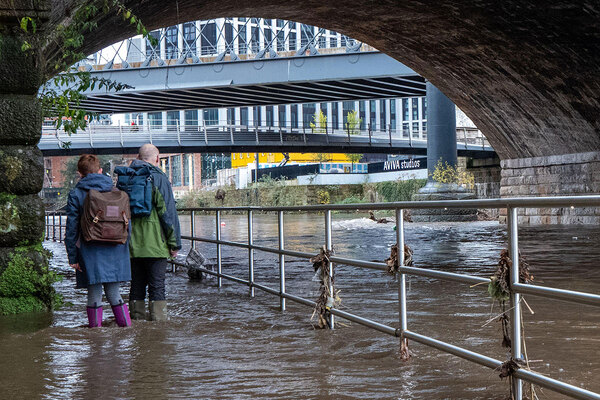You are viewing 1 of your 1 free articles
West Midlands council stops £1.6m of social housing fraud
A West Midlands council has prevented more than £1.6m of social housing fraud in the past two years, including illegal subletting of properties and fraudulent Right to Buy applications.

Figures presented to Wolverhampton Council’s audit and risk committee last month revealed that 30 cases of social housing fraud were stopped between 2021 and 2023, worth £1,605,520.
Of these, 19 cases were stopped between April 2021 and March 2022, worth £1,031,320, and 11 cases were stopped between April 2022 and January 2023, worth £574,200.
The notional fraud savings figures are based on calculations by the Cabinet Office for the government’s national fraud initiative.
Over the two-year period, 13 cases of social housing application fraud were stopped, worth £42,120. In these cases, tenancy offers were withdrawn and/or applicants were excluded from the waiting list for a council property.
Five further cases of tenancy subletting were discovered and properties were recovered, saving the council £465,000, a report to the council said. One illegal subletting took place in 2021-22 and the other four occurred in 2022-23.
Each case of prevented social housing tenancy fraud was valued at £93,000 per property recovered, based on an average four-year fraudulent tenancy and an estimate of the duration that the fraud may have continued undetected.
This includes temporary accommodation for genuine applicants, legal costs to recover the property, re-let cost and rent foregone during the void period between tenancies, the report said.
Meanwhile, five cases worth £465,000 were stopped where an applicant was prevented from obtaining a tenancy they were not entitled to.
Two fraudulent Right to Buy applications, worth £168,400, were stopped, with a further five cases of non-occupation – people not using the property as a residence – saving £465,000.
Mark Wilkes, audit business partner at Wolverhampton Council, told councillors there was “no particular reason” that levels of tenancy fraud seemed to have risen since 2020.
He said: “The subletting cases are the more complicated ones to investigate; there’s a lot more background work that needs to be done and built up to form a proper case. There was also the impact of COVID whereby a lot of recovery action was not allowable and investigations could not take place.”
Sign up for our Council Focus newsletter
Already have an account? Click here to manage your newsletters











